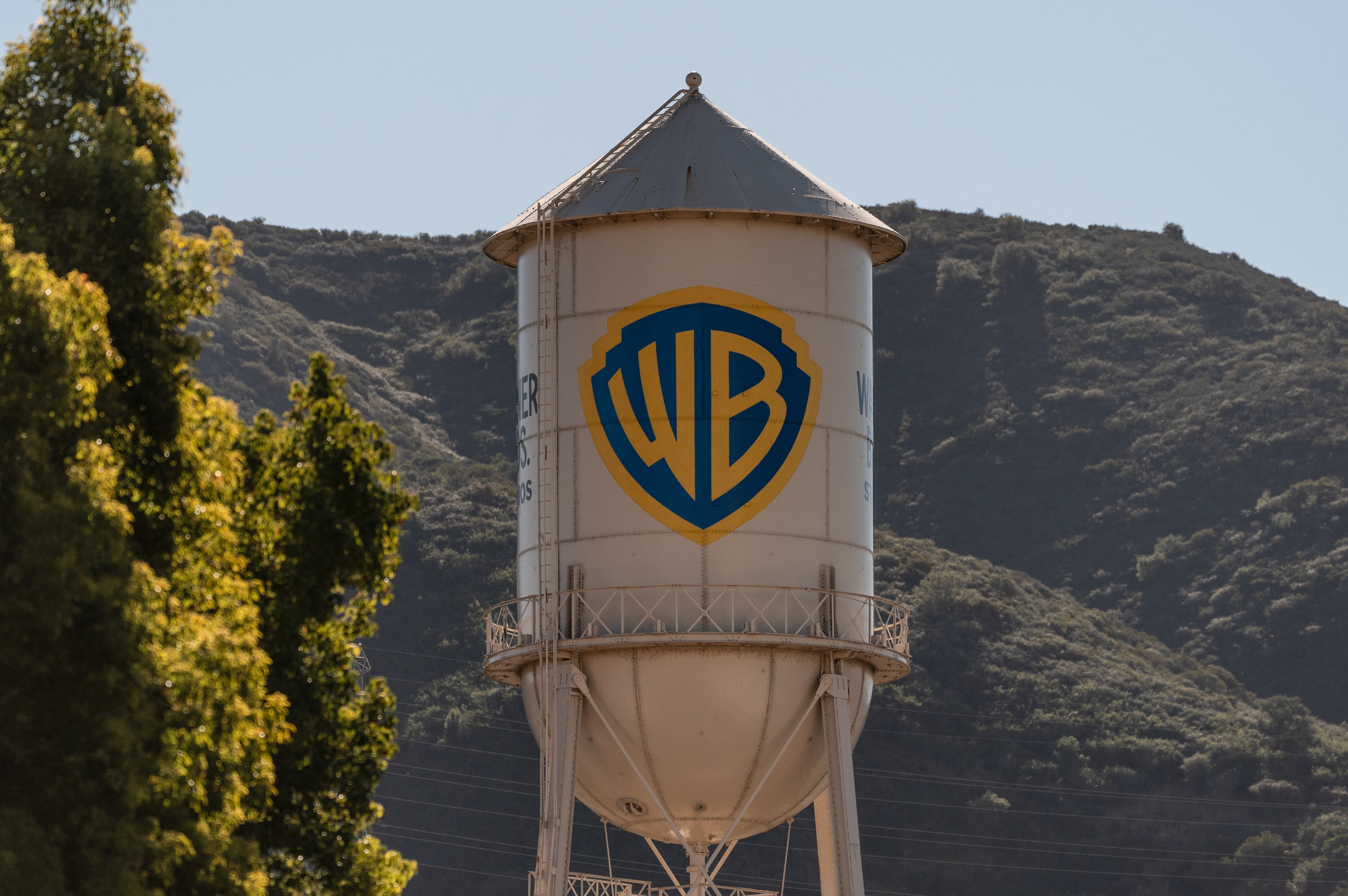Pope draws 3 million to Mass as Brazil trip closes
Pope Francis’ historic trip to his home continent ended Sunday after a weeklong visit to Brazil that drew millions of people onto the sands of Rio de Janeiro’s iconic Copacabana beach and appeared to reinvigorate the clergy and faithful alike in the world’s largest Catholic country.
Dignitaries including Brazilian Vice President Michel Temer turned out at Rio’s Antonio Carlos Jobim international airport to bid farewell to the Argentine-born pontiff after a visit marked by big moments. They included a visit to a vast church dedicated to Brazil’s patron saint, a rainy walk through one of Rio’s dangerous slums and a papal Mass that was one of the biggest in recent history.
Speaking from a white stage on the sands of Copacabana on Sunday, Francis urged a crowd estimated at 3 million people to go out and spread their faith “to the fringes of society, even to those who seem farthest away, most indifferent.”
“The church needs you, your enthusiasm, your creativity and the joy that is so characteristic of you!” he said to applause in his final homily of World Youth Day festivities.
Later Sunday, he issued a more pointed message to the region’s bishops, telling them to better look out for their flocks and put an end to the “clerical” culture that places priests on pedestals — often with what Francis called the “sinful complicity” of lay Catholics who hold the clergy in such high esteem.
Despite a series of organizational snafus, including a subway breakdown Wednesday that stranded hundreds of thousands of people for hours, Francis’ visit was widely hailed as a success by the Vatican, pilgrims and everyday Brazilians alike. His nonstop agenda was followed live on television for all seven days, his good nature and modesty charming a country that has seen the phenomenal rise of Protestant and evangelical Pentecostal churches in the past decades.
Nearly the entire 2.5 mile Copacabana beach overflowed Sunday with flag-waving faithful, some of them taking an early morning dip in the Atlantic and others tossing T-shirts, flags and soccer jerseys into the pontiff’s open-sided car as he drove by.
Even the normally stern-faced Vatican bodyguards let smiles slip as they jogged alongside Francis’ car, caught up in the enthusiasm of the crowd.
The numbers clearly overwhelmed the area’s services: The stench of garbage and human waste hung in Rio’s humid air, and the beach and adjoining chic Atlantic Avenue looked like an improvised refugee camp plunked down in the middle of one of the world’s most beautiful cities. Copacabana’s famous mosaic sidewalks were strewn with trampled cardboard, plastic bags, empty water bottles and cookie wrappers as trash collectors in orange uniforms tried to restore order.
“You’d think they could at least put their garbage in all the bins,” said Jose da Silva, a 75-year-old retired farm worker who supplements his meager income by collecting empty cans for recycling. “I’m also pretty surprised that people who call themselves Christians would throw away all this food.”
Many of the youngsters on hand for the Mass spent the night on the beach, joining an all-night slumber party to end the Catholic youth fest, with pilgrims wrapped in flags and sleeping bags to ward off the cold.
“We were dying of cold but it was worth it,” said Lucrecia Grillera, an 18-year-old from Cordoba, Argentina, where Francis lived for a time before becoming pope. “It was a tiring day, but it was a great experience.”

